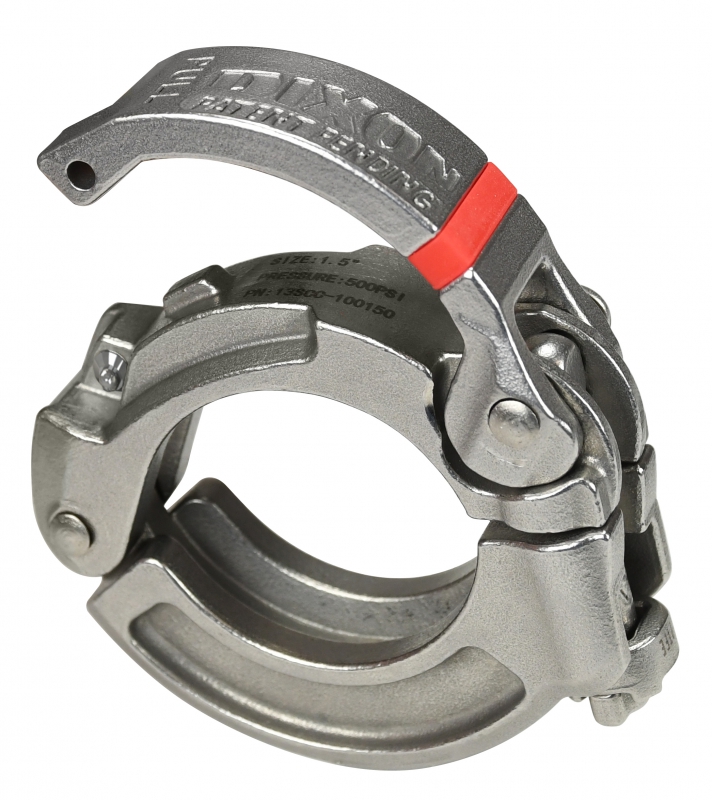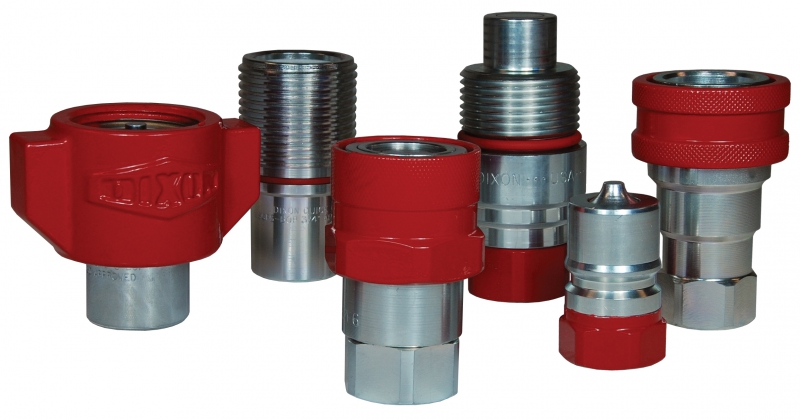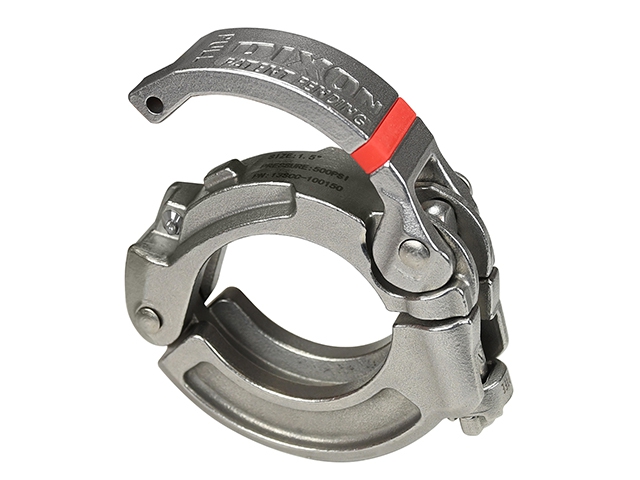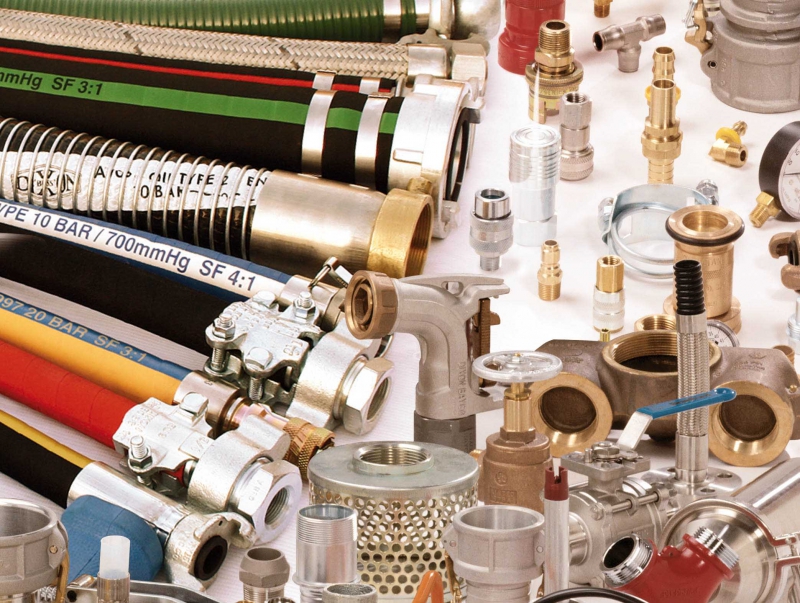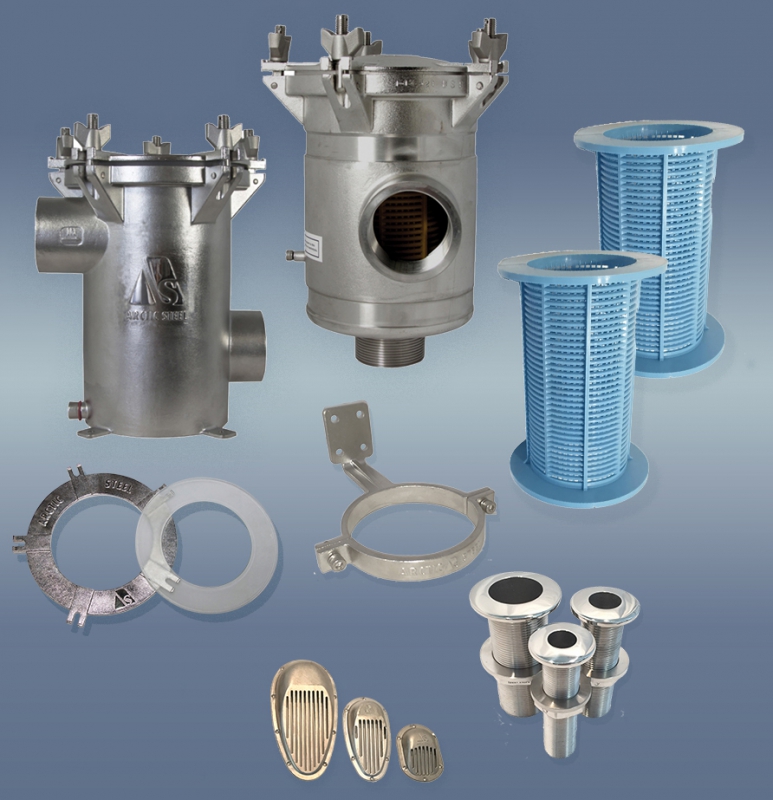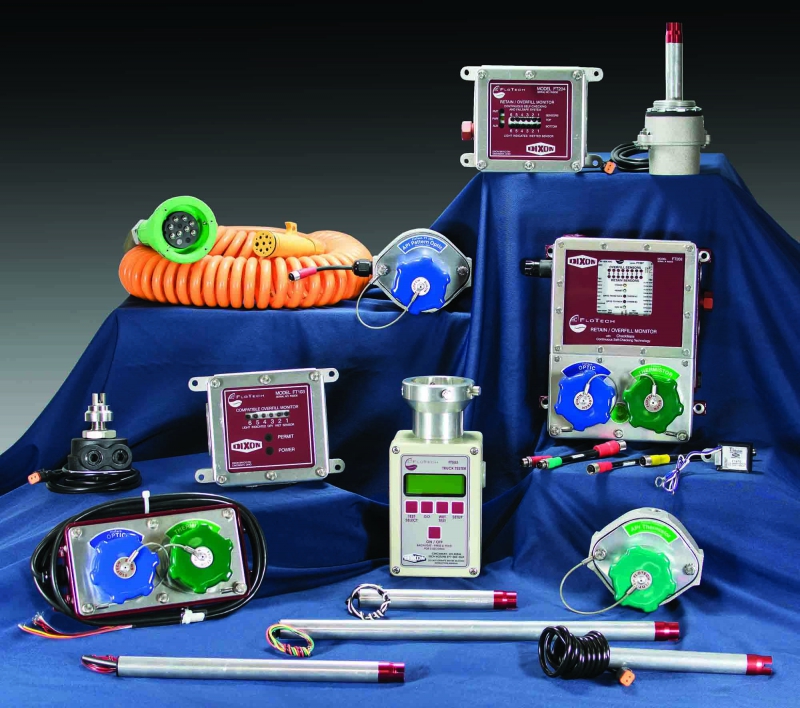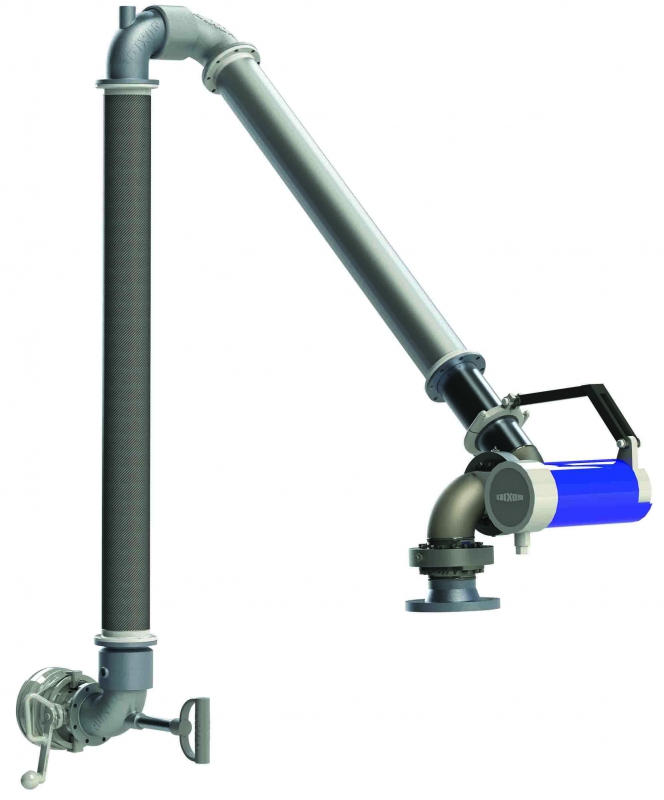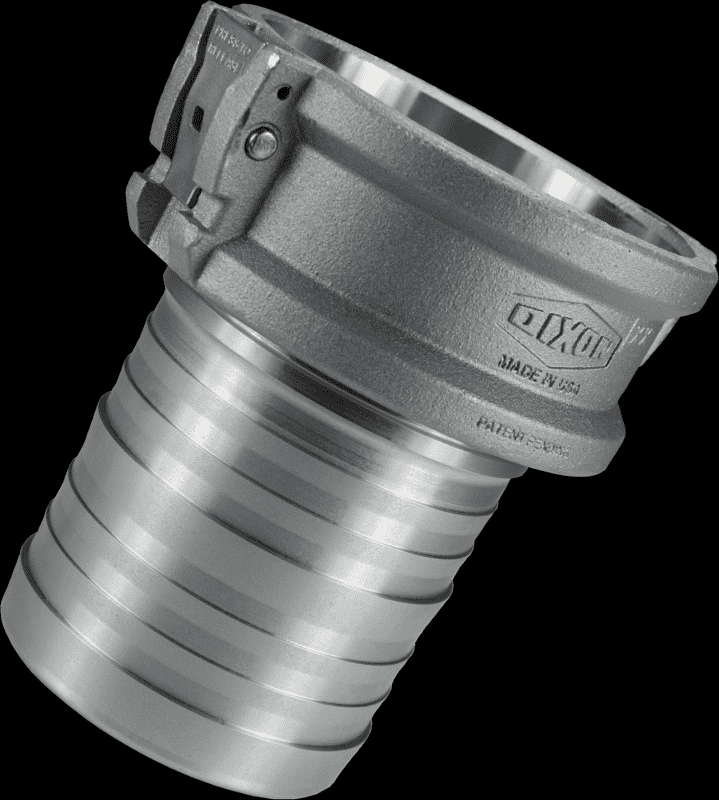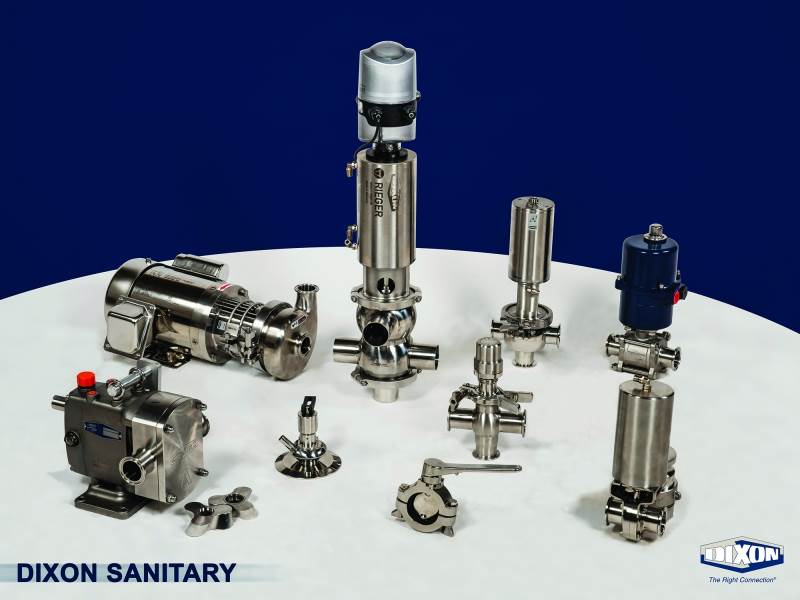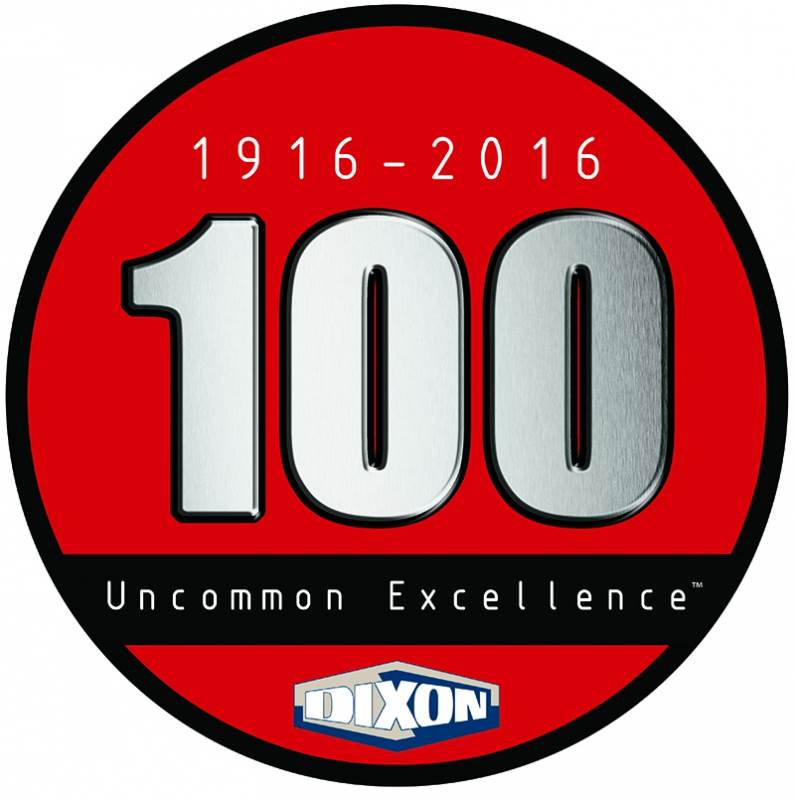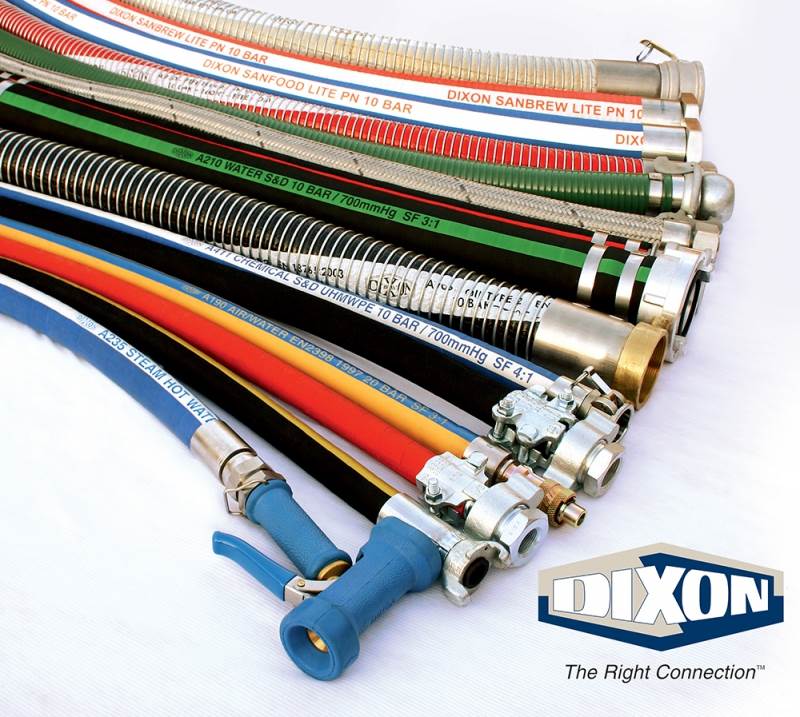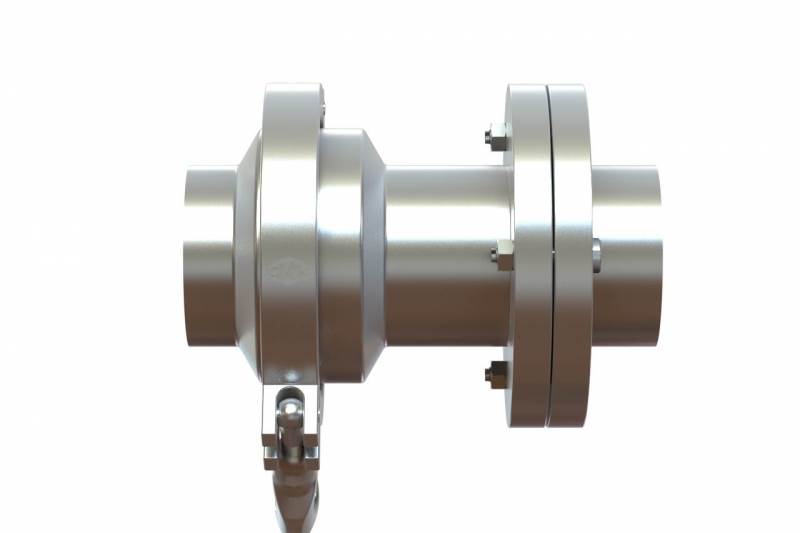- Contact 0870 350 7767
- |
- Advertise
Utility Hoses in Refineries
 News and PR from Dixon Group Europe Ltd - Published 24 October 2023
Oil refineries are essential to the petroleum industry's downstream sector. Dixon, a well-known supplier of fluid transfer products, provides a broad range of products for the oil and gas industry.
News and PR from Dixon Group Europe Ltd - Published 24 October 2023
Oil refineries are essential to the petroleum industry's downstream sector. Dixon, a well-known supplier of fluid transfer products, provides a broad range of products for the oil and gas industry.Refineries vary in size and processing capacity, with the Talley Asphalt Products refinery in Kern, California processing 1,700 barrels of crude oil per day and the world's largest oil refinery, Jamnagar Refinery located in Gujarat, India processing 1.24 million barrels per day. With such large amounts of petroleum needing to be processed, an extensive piping system and efficient hose connections are necessary to ensure timely processing. Utility stations play a crucial role in this process.
Utility Stations
Utility stations are one of the primary methods through which plant operators interact with process facilities. These stations provide nitrogen, plant air, steam, and water to other process and maintenance areas in a plant. Each utility has a unique type of connection, which ensures that the right utility is connected to the process. Utility stations are distributed throughout the plant, and each utility is supplied with approximately 50 feet of hose (15 meters).
Use of Utility Services
Utility hoses are referred to using the acronym SWAN, which stands for steam, water, air, and nitrogen. Dixon offers high-quality utility hose assemblies, including air hoses, nitrogen hoses, utility water hoses, multi-purpose hoses, and steam hoses ranging in size from 3/8" to 4" made into assemblies to custom specifications. All of our hoses are designed to withstand even the most challenging environments, ensuring durability and performance.
Connecting hoses to the utility station requires proper fittings for the application. Dixon provides a variety of connections for utility hoses in refineries.
The largest sector of a utility station is steam, which is used to clean vessels, heat parts of vessels, and clean heat exchanger tubes. Ground joints are utilized for this process.
Water is another element available at utility stations. It is used to clean shell and heat exchanger tubes, along with the general cleaning of floors and vessels. Standard cam & groove couplings along with Dixon's EZ Boss-Lock cam & groove couplings are used here.
Air is also available at utility stations and is used to clean shell and heat exchanger tubes. In addition, it is used to clean plate heat exchanger tubes and tanks. Dixon's Air King couplings play a vital role in this process.
Lastly, nitrogen is provided at utility stations because it is an inert gas used for maintenance in refineries. When a vessel is removed from service, nitrogen is used to purge the gas from the vessel. All of the nitrogen must be removed before the maintenance process can begin. Dixon offers Dix-Lock N-series and Dual-Lock P-series couplings for use with nitrogen at a utility station.
The Right Connection® for Utility Services
The ability to transfer crude oil through the various stages of the refining process is crucial and must be handled with care. Utility stations in refineries provide easy access to the necessary utilities to keep things running smoothly. Having the proper hose assemblies and hose fittings at these utility stations ensures the oil refining process remains safe and efficient throughout the plant.
Other announcements from Dixon Group Europe Ltd
-
Enhancing Site Safety with King Safety Cables to Prevent Hose Whip
King safety cables offer an effective solution to prevent hose whip in the event of accidental separation of a coupling or clamp device
24 Oct 2023
-
The Importance of Proper Hygiene in Manufacturing: Dixon's Innovative Clever Cla
With its innovative design and easy-to-use features, it's no surprise that the Clever Clamp has been tried and approved at a number of food processing plants within the UK.
24 Oct 2023
-
Blowout Preventer Couplings: Components of Oil and Gas Drilling Rigs
Have you ever forgotten to secure the lid on a blender before blending a smoothie or milkshake? Though inconvenient, this mistake pales in comparison to a blowout on an oil or gas drilling rig, which
24 Oct 2023
-
Hose Connect: Asset Integrity Management Services
Dixon Hose Connect is ‘the right connection’ to ensure your business can optimise workflow and downtime, saving time and revenue; giving full visibility and paperless control over asset registration,
24 Oct 2023
-
-
Offering the Right Connection
Dixon has been building a credible reputation for over 100 years, demonstrating that it's a responsible manufacturer producing and supplying safe, reliable and long lasting products.
15 Sep 2020
-
Marine Accessories Offers Superior Performance
Dixon has a specialised range of Marine products focusing on unique quality, performance, longevity and operational efficiency.
15 Sep 2020
-
Process Equipment – Making the Right Connection
Finding the most effective fluid transfer solutions can have many benefits for maximising return on investment by improving best practice
15 Sep 2020
-
Innovations in Fuel Distribution
Dixon now offer a full range of Fuel Distribution products for use in the downstream market including fuel terminal, fuel depots and skid units where safety, ease of use and efficiency are key factors
15 Sep 2020
-
Weighing the benefits of a loading arm over traditional hose assemblies
Dixon’s loading arms are engineered for long life performance as well as ease of use in the field and can be used to overcome some of the typical issues faced in the transfer of liquid
15 Sep 2020
-
Dixon Introduces new EZLINK™ Armless Cam & Groove
A new push-to-connect positive locking system and low-profile design dramatically improves the ability to easily transfer and unload fuels, water and other liquids.
16 Aug 2018
-
Dixon –The Right Connection for Hygienic Hose, Valves & Fittings
Dixon, leading supplier of hoses, fittings, valves and accessories offers an extensive range of hygienic process equipment for the food, dairy, beverage and brewery industries including FDA and 3A approved stainless steel fittings, unions, tube, pumps, hose assemblies and valves.
19 Feb 2018
-
Hose Assemblies, Fittings & Valves backed by 100 years of innovation
It’s not every year a company can celebrate 100 years of business so Dixon are proud to be celebrating their centenary.
22 Feb 2017
-
This Hose or That Hose
Industrial hose, in general, is capable of many uses. They convey air, steam, water, beverages, chemicals and an almost unlimited assortment of other products from A to B. Sometimes transported substa
01 Jul 2016
-
A DIXON SOLUTION TO SAVE PIPEWORK AND PRODUCT
Dixon Europe are pleased to be launching a new product, the Dixon Hygienic Breakaway Check Valve, which is proving to be ‘the right connection’, potentially saving companies thousands.
01 Jul 2016




